Brexit transition extension not to cost UK: Minister
A UK government minister has ruled out speculations that Britain will have to pay more money to the European Union if it wants to extend a two-year transition period after leaving the bloc in March next year.
Financial services Minister John Glen said on Monday that the government would not seek to pay more money to the EU in the extended transition period for Brexit, adding, however, that costs could be incurred based on the upcoming negotiations with Brussels.
"There is no expectation that this government will be seeking to pay more money to the EU,” Glen said in the British parliament, adding, “The length and cost of any extension to the implementation period is subject to negotiations.”
In a bid to end a deadlock in talks on a Brexit deal, British Prime Minister Theresa May has indicated that she might accept an EU proposal for extending the transition period beyond 2021. Ministers in May’s cabinet have said, however, that such an extension would be accepted if the EU drops its proposals for how it will treat the border between its member Ireland and the UK province of northern Ireland.
Britain has resisted EU’s demands for a backstop plan to include Northern Ireland in its customs union until a solution is found for bilateral trade. London says such a plan should be time-limited as otherwise it could effectively separate Northern Ireland from the rest of Britain.
Glen, the financial services minister, made the comments on further costs of the extended transition period when lawmakers in the parliament asked him what would be the incentive for the EU to accept the condition if it was not for continued financial contribution of Britain to the bloc.
Bangladesh Nationalist Party secures victory in general election
VIDEO | British High Court rules against ban on Palestine Action Group
Tehran urges ‘serious’ revision in EU ‘unconstructive’ approaches
Hamas slams Israeli settlers’ ‘criminal aggression’ in West Bank
VIDEO | Press TV's news headlines
VIDEO | Iran launches 'Holy Qur'an Does Not Burn' campaign to restore mosques damaged in unrest
VIDEO | Ramadan amid the rubble: Gaza’s historic Al-Zawiya market defies odds
UN sounds alarm over US-generated energy crisis in Cuba


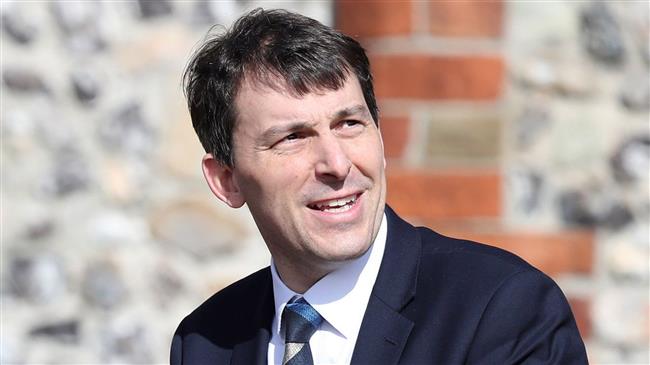


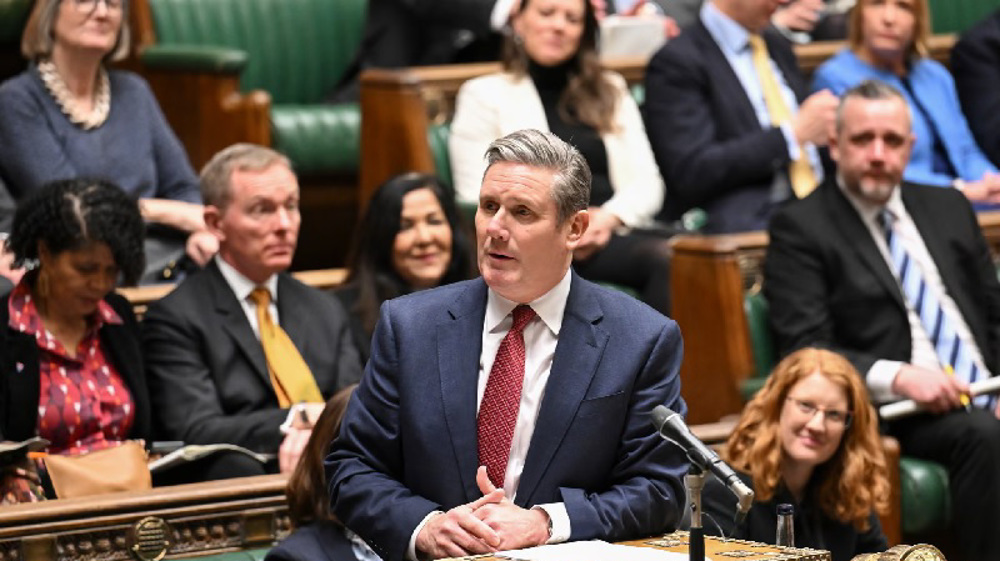




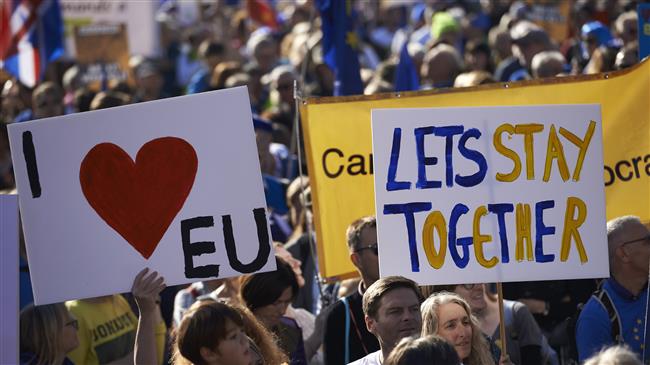
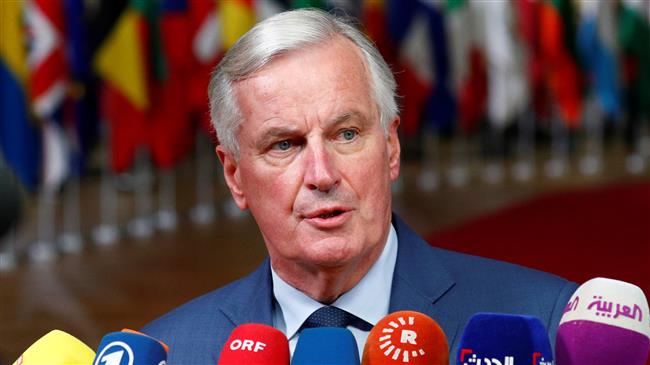
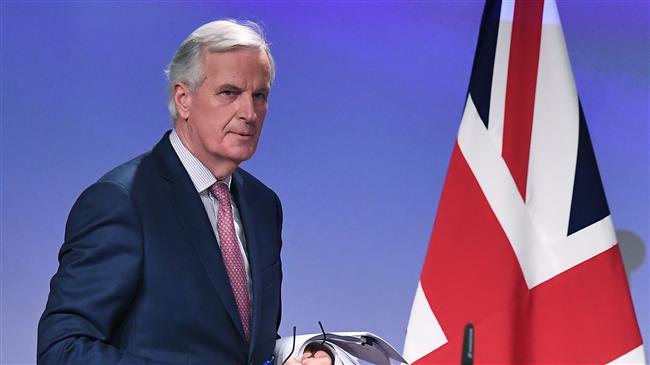

 This makes it easy to access the Press TV website
This makes it easy to access the Press TV website